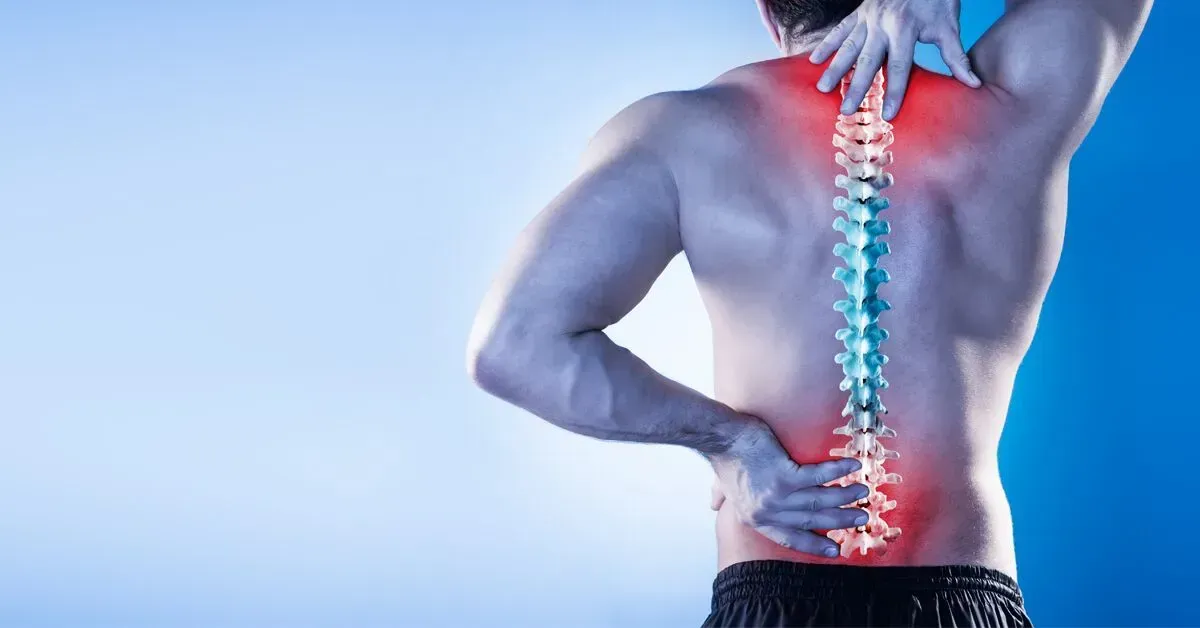
Bulging Disc? Sciatica? Here’s How Spinal Decompression Works

Bulging Disc? Sciatica? Here’s How Spinal Decompression Works
When Back Pain Becomes More Than “Just Getting Older”
If you’ve been told you have a bulging disc, or you’ve felt that sharp, radiating sciatic pain shooting down your leg, you know how quickly life can feel limited. Sitting hurts. Standing hurts. Even sleeping can feel impossible.
And maybe you’ve tried it all—pain pills, stretching, injections, even the “just live with it” advice. But the pain keeps coming back.
That’s where spinal decompression comes in.

What Exactly Is Spinal Decompression?
Think of your spine like a stack of cushions (your discs) between bones (your vertebrae). When those cushions get squished—whether from injury, wear and tear, or years of pressure—they can bulge out, press on nerves, and trigger pain, numbness, or weakness.
Spinal decompression gently stretches and relaxes the spine in a controlled way. This creates negative pressure inside the discs—like a vacuum—that helps pull bulges back into place and gives nerves room to breathe.
It’s not surgery. It’s not injections. And it’s not just masking pain. It’s helping your spine heal.
Learn More About Spinal Decompression
Why It Works for Bulging Discs and Sciatica
Takes Pressure Off Nerves → Relieves the root cause of that sharp sciatic pain.
Improves Circulation → Nutrients and oxygen flow back into damaged discs.
Encourages Healing → Discs rehydrate, reabsorb, and become more stable.
Targets the Source → Not just covering up symptoms, but restoring function.
Real Patients, Real Relief
We’ve seen patients who could barely walk through the door start reclaiming their lives after a series of decompression sessions. Many were told surgery was their “only option”—but with consistency and the right program, their pain levels dropped, mobility improved, and surgery stayed off the table.
See What Our Patients Are Saying
Is It Right for You?
Spinal decompression isn’t for everyone—but if you’ve been diagnosed with a bulging or herniated disc, sciatica, or chronic low back pain, it could be a turning point. The best part? It’s comfortable, non-invasive, and designed to help you get back to the life you’ve been missing.
